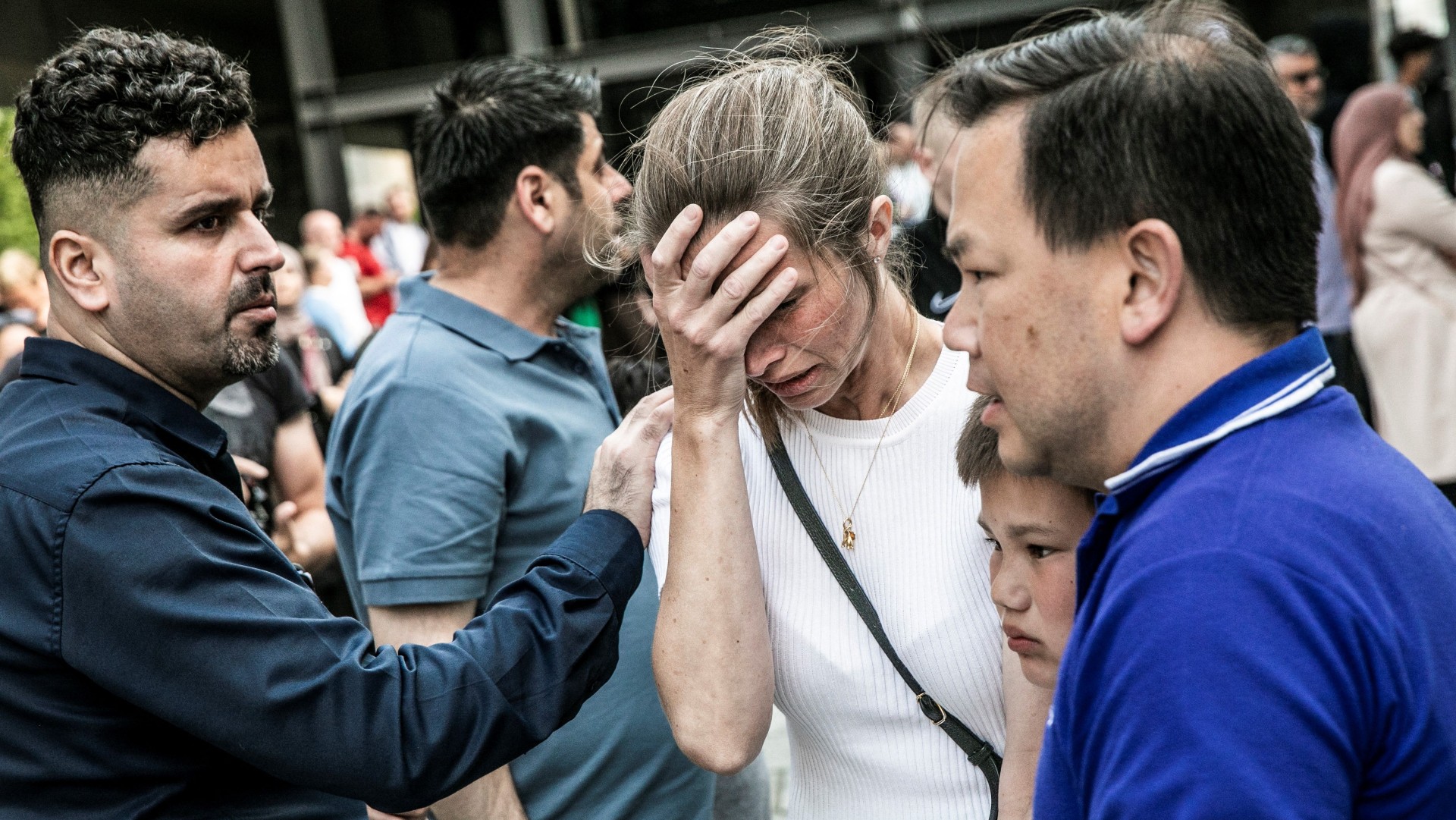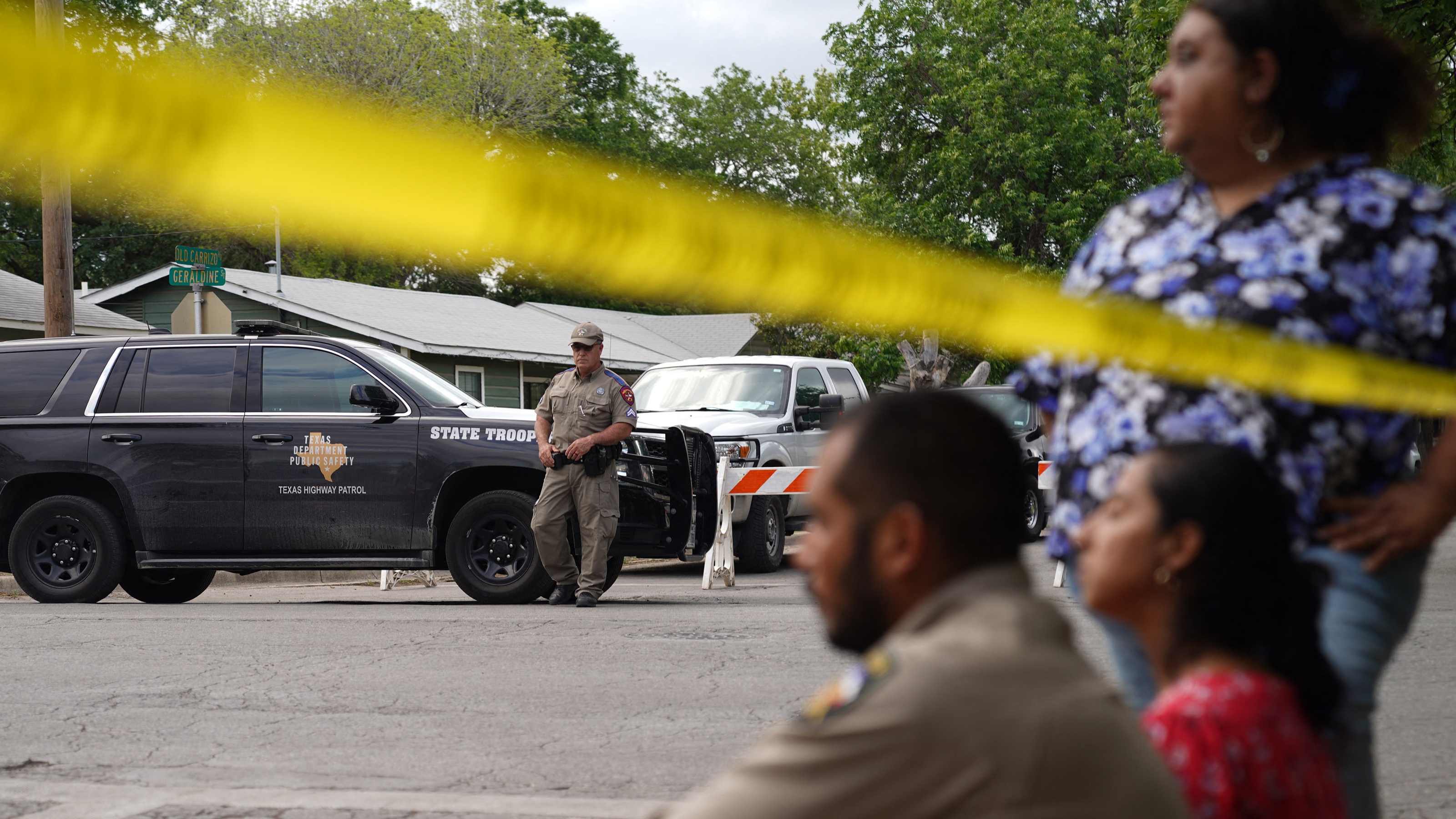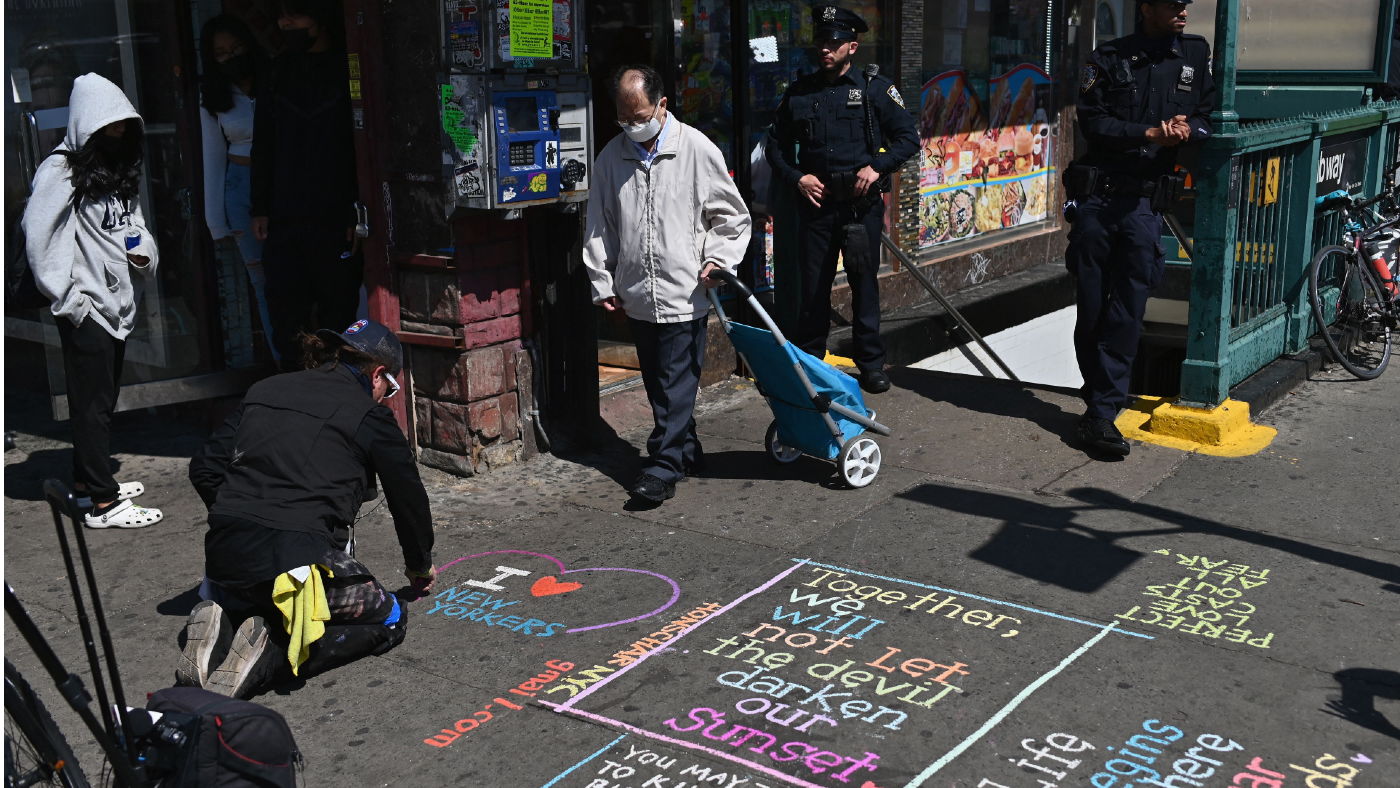Scotland to hold trials in cinemas with socially distanced juries
Experts have described the plan as ‘bold and imaginative’ as case backlog continues to grow

A free daily email with the biggest news stories of the day – and the best features from TheWeek.com
You are now subscribed
Your newsletter sign-up was successful
Scottish cinemas could be used for jury trials as part of a plan to halt the growing backlog of criminal cases caused by the coronavirus pandemic.
According to the BBC, the most serious criminal trials will go ahead in courtrooms “while a socially-distanced jury watches a video-link in a cinema”.
The Law Society of Scotland has said that screens will be divided into four so that jurors can see the judge, counsel and the accused while listening to witnesses or viewing the evidence.
The Week
Escape your echo chamber. Get the facts behind the news, plus analysis from multiple perspectives.

Sign up for The Week's Free Newsletters
From our morning news briefing to a weekly Good News Newsletter, get the best of The Week delivered directly to your inbox.
From our morning news briefing to a weekly Good News Newsletter, get the best of The Week delivered directly to your inbox.
Cameras will “also face the jury members so that their faces can be seen on video screens placed above the jury box”, and jurors will be able to send messages to the judge through a member of the court staff as usual.
Lord Justice General Lord Carloway described the plan as “bold and imaginative”. A test involving an Odeon complex in Edinburgh “worked very well”, says the Edinburgh Evening News.
Brian McConnachie QC said the scheme could free up space and allow more trials to proceed.
“If the virtual jury model works – i.e. the jury not being in the court – then that provides much greater flexibility because if that works it doesn’t really matter where your jury are at all,” he said. “If there’s a line of communication you can have the jury wherever and you can have a situation that frees up more courts.
A free daily email with the biggest news stories of the day – and the best features from TheWeek.com
The BBC reports that “about 750 outstanding High Court and 1,800 Sheriff Court cases” are on hold as a result of the courts being closed by the pandemic earlier this year.
English judges “have been sceptical about the merits of such an approach”, says the Law Society, but there “have been no dissenting voices as yet in Scotland”.
-
 What to know before filing your own taxes for the first time
What to know before filing your own taxes for the first timethe explainer Tackle this financial milestone with confidence
-
 The biggest box office flops of the 21st century
The biggest box office flops of the 21st centuryin depth Unnecessary remakes and turgid, expensive CGI-fests highlight this list of these most notorious box-office losers
-
 What are the best investments for beginners?
What are the best investments for beginners?The Explainer Stocks and ETFs and bonds, oh my
-
 Crime: Why murder rates are plummeting
Crime: Why murder rates are plummetingFeature Despite public fears, murder rates have dropped nationwide for the third year in a row
-
 What we know about the Copenhagen mall shooting
What we know about the Copenhagen mall shootingSpeed Read Lone gunman had mental health issues and not thought to have terror motive, police say
-
 Texas school shooting: parents turn anger on police
Texas school shooting: parents turn anger on policeSpeed Read Officers had to be urged to enter building where gunman killed 21 people
-
 DJ Tim Westwood denies multiple sexual misconduct allegations
DJ Tim Westwood denies multiple sexual misconduct allegationsSpeed Read At least seven women accuse the radio and TV presenter of predatory behaviour dating back three decades
-
 What happened to Katie Kenyon?
What happened to Katie Kenyon?Speed Read Man charged as police search for missing 33-year-old last seen getting into van
-
 Brooklyn subway shooting: exploring New York’s ‘steep decline in law and order’
Brooklyn subway shooting: exploring New York’s ‘steep decline in law and order’Speed Read Last week, a gunman set off smoke bombs and opened fire on a rush-hour train in the city
-
 How the Capitol attack investigation is splitting the Republicans
How the Capitol attack investigation is splitting the RepublicansSpeed Read Vote to censure two Republican representatives has revealed deep divisions within party
-
 Anti-vaxxers accused of targeting TV stars’ homes
Anti-vaxxers accused of targeting TV stars’ homesIn the Spotlight Campaigners have served presenters and pundits with ‘bogus’ legal documents